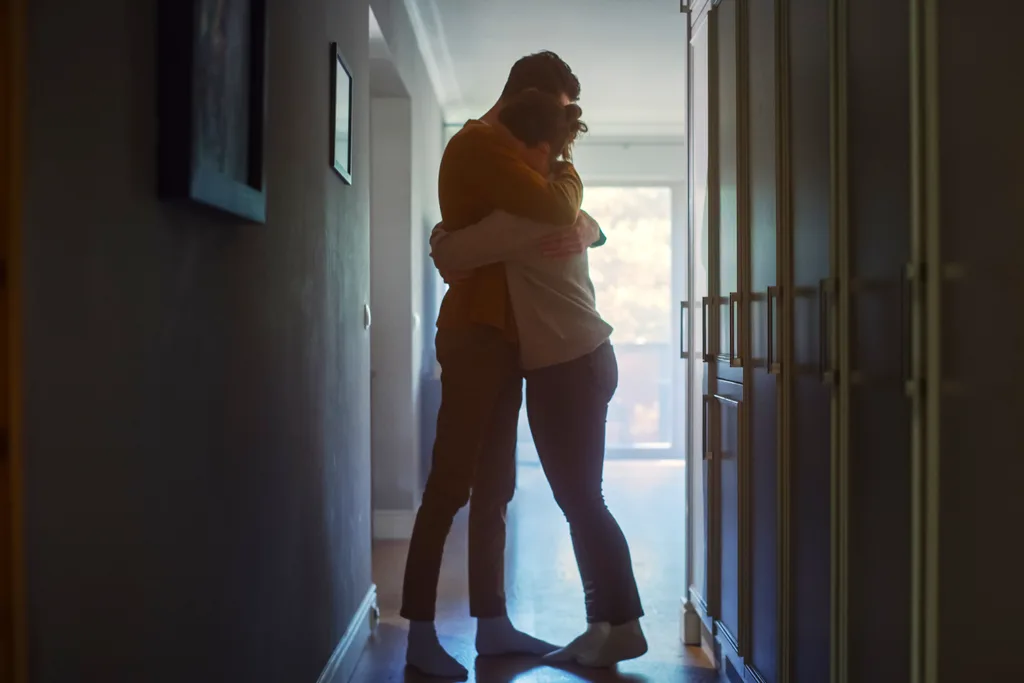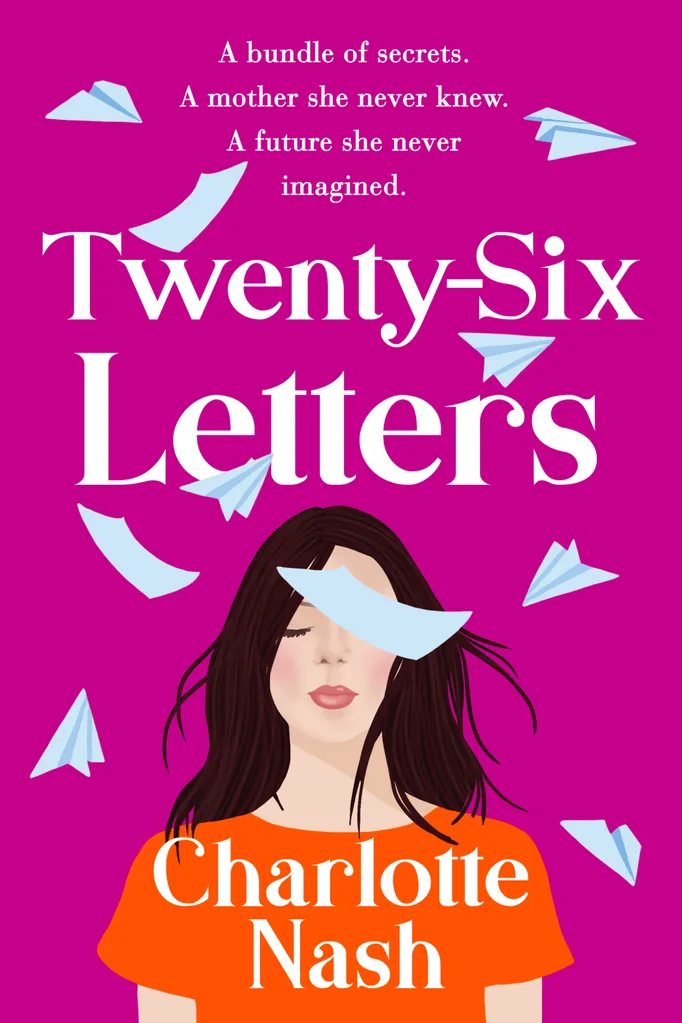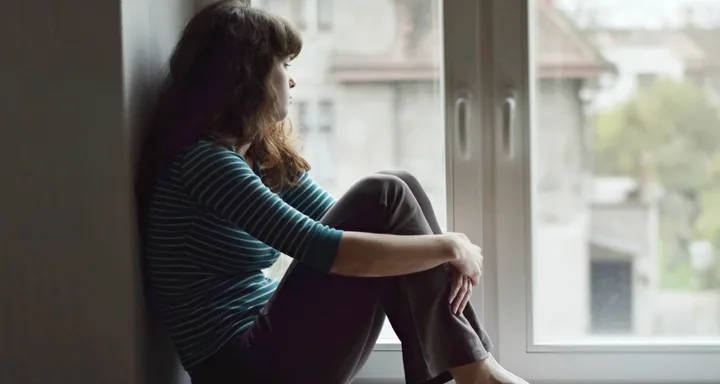At a swimming carnival when I was twelve, a teacher I’d had the previous year stopped me and said, “How’s your dad?”
I can remember my blood freezing at that question. And hearing how many unsaid things were stuffed between the words: I know how close you are. I know he has cancer. Only it was had by then. He had died over the summer, and I had told no one. It was unspeakable. A few times horse riding, I’d fallen and hit the ground so hard I couldn’t draw air. That was how it was. No air to speak words I wouldn’t find anyway.
And so I lied and said, “Fine”.
My father’s death was rarely spoken of in our house, a stark contrast to how much it changed me, and how long it took for me to understand those changes were both said and unsaid.
The said needs less explanation. I once read that “people reveal themselves through words and deeds”, which is a truth so beautifully expressed I cannot forget it. Thus, when my father died, I lost all the future words, and the doings. His death froze him in my childhood, removing the father of my teenage, young adult and adult selves. As an adult, I’ve gleaned something of my father’s deeper complexities and difficulties, but none of that was apparent to me as a child. He was curious and intelligent, and he encouraged me as if I was, too. We talked much and often. I still have his letters, written while he worked away in a Blackwater mine. A static sample of exchanged knowledge and wisdom, comfort and understanding: things I easily comprehend the loss of.
The unsaid is more illusive. It works in what Norman Holland explains as procedural memory, the experiences that slowly and repetitively work on our inbuilt temperament to form our character, our personality, our style. Our way of adapting, of “relating inner and outer reality”. Such memories are non-declarative, completely beneath language, such that as Holland elegantly puts it: “We cannot say how we came to be the people we are.”
As a writer, schooled to understand characters as a culmination of their experiences, this rings true (as does perhaps my conceit to try saying something that cannot be said!). But if it is unsaid, what then is the nature of the loss? The best I can now express it is as loss of reference. When your parent is still there, they are some kind of model. An island on your map. Their how for relating to the world you might aspire to, or rail against. But without them, there is only void. Vacuum. An uncertain space literally aching to filled.

For me, that manifested mostly clearly through work and my relationship to it. My father died just as we’d begun talking about careers, and without any extended family, he was the one example of a working adult in my life. And while I know that it’s hardly unusual to be unsure about work as a young person, I was aware my uncertainty ran far deeper than that. I didn’t know what work was. No sense of how to relate or adapt to it. I didn’t know that the early years of anything adult are always uncomfortable, because all I knew was high school, where new things were academic and protected and came easily.
This is how, I think, I went through engineering, and then medicine, without understanding my discomfort wasn’t a red flag of something wrong. I just had no guidance. I was always in open ocean. This only changed when I found writing, which I loved, but I also had mentors who both showed interest in me, and were models of how the work was done “out there”, IRL. For the first time, I had islands in view. Writing was hard and I was terrible (at first, let’s hope) but I knew that was normal. I was no longer sailing lost.
I think writing (slowly over years) rebuilt the part of me that my father’s death left undeveloped. That slow work even enabled me, eventually, to return to my first career (engineering), though very late, which is superbly difficult. It’s so apparent to me that my working (and wider) life could have been so different. Realising that came with immense grief. And regret. And rage. But mindfulness says I must accept things that can’t be changed, so these last years I’ve worked on coming to some peace.
I think there will always be part of me that doesn’t accept my father’s death. It’s over 30 years ago now, and yet talking about him is still enough to bring me to tears. Some people are not forgotten, no matter the years that pass. Time heals all wounds is, quite frankly, hollow and patronising.
But some adages perhaps are not. Near home, someone has painted a traffic junction box with Calm seas do not make skilful sailors. And that’s the idea that, I think, has finally made sense of how I am, rather than how I might have been. I did have him for a time: his curiosity, his smarts, his openness. His example of how to check an engine, his letters on the books of neuroscience he was reading. His encouragement.
And so I have been curious. An explorer, inside and out, without a sense of limits, which perhaps made enduring in the open ocean possible. It was rarely happily enduring, but I have come to know myself well, and a great many other interesting things. That has brought joys: rich conversations, fascination with the world, and (I hope) compassion and patience. All things I believe made me a writer, too, which is the part I like most of all.
Such compensations do not undo damage, but from them I’ve made a kind of safe port. And that means feeling every day there is a certain place to draw breath, even if there are still things that cannot be said.
Charlotte Nash is the author of Twenty-Six Letters (Allen & Unwin) available now.

Twenty-Six Letters by Charlotte Nash, available at Booktopia.










